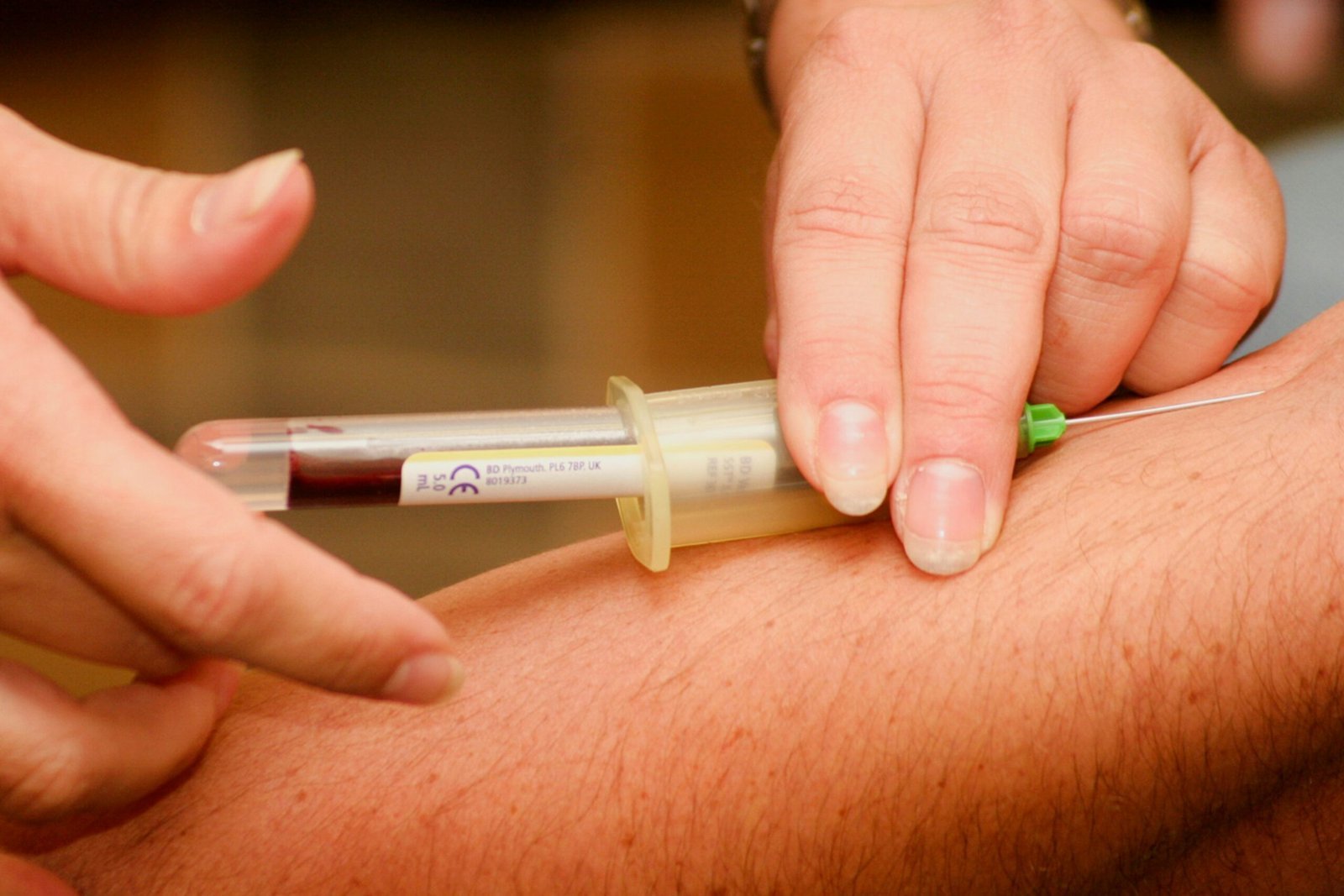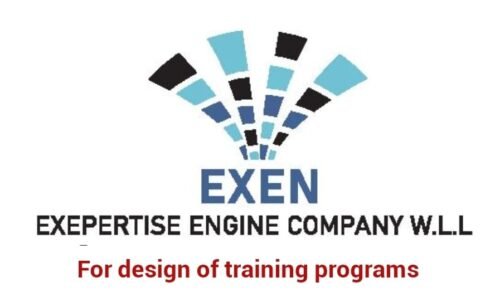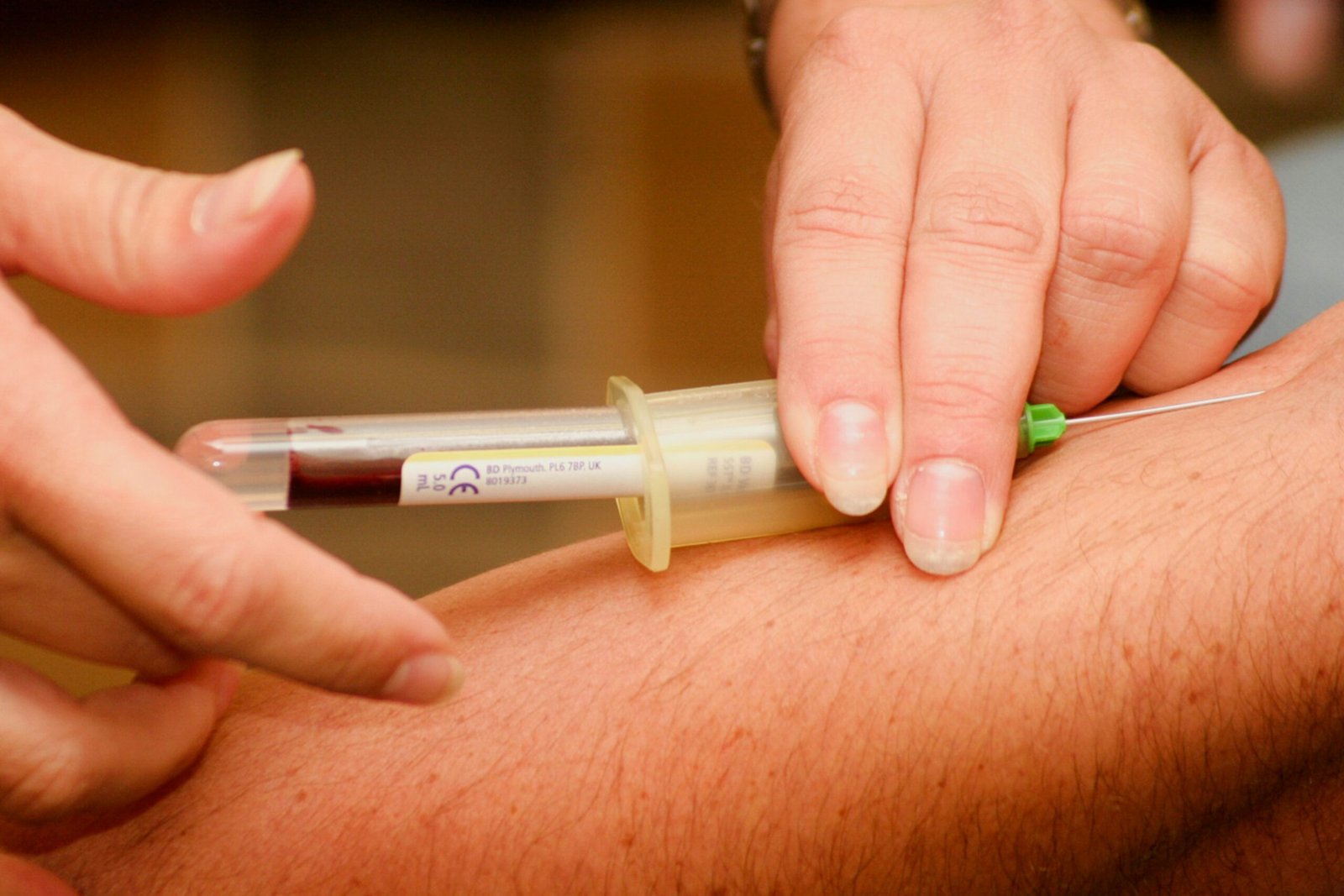
Interventional Cardiology and Cardiac Imaging Training
Interventional cardiology and cardiac imaging represent specialized fields within cardiology that require extensive training to master their intricacies. These medical training courses focus on delivering comprehensive education to healthcare professionals such as physicians, nurses, and technicians. The curriculum is meticulously developed to incorporate a blend of hands-on practice and theoretical knowledge, ensuring a well-rounded learning experience.
In interventional cardiology training, participants are exposed to various procedures ranging from coronary angioplasty to advanced structural heart interventions. These courses include modules on patient selection, procedural techniques, and post-procedure care. Cardiac imaging training, particularly in cardiac CT and cardiac MRI, covers fundamental and advanced imaging techniques, including interpretation skills and the integration of imaging findings into clinical practice.
The curriculum is accessible through both offline and online formats, including interactive webinars. This dual approach allows participants to choose the mode of learning that best suits their needs. Typically, these courses run from several weeks to a few months, enabling healthcare professionals to balance their training with their ongoing clinical responsibilities. Upon completion, participants receive certifications that not only attest to their expertise but also enhance their credentials in the medical community.
One of the standout features of these training programs is the involvement of expert faculty members, including some of the foremost professors globally, often ranked among the top 2% in their respective fields. Their guidance ensures that the training provided is of the highest quality, integrating the latest research findings and technological advancements.
The importance of specialized training in interventional cardiology and cardiac imaging cannot be overstated. With cardiovascular diseases remaining a leading cause of morbidity and mortality worldwide, such advanced training plays a crucial role in improving patient outcomes. Healthcare professionals trained in these areas are better equipped to diagnose complex cardiac conditions accurately and perform life-saving interventions effectively.
Geriatric Medicine and Caregiver Education
Specialized training programs in geriatric medicine are essential for equipping healthcare professionals with the skills necessary to address the unique health care needs of the elderly population. These programs are tailored for caregivers and nurses who regularly interact with elder patients, ensuring they are well-versed in the complexities of geriatric care. The need for such specialized training stems from the increasing aging population and the associated rise in chronic illnesses, making expert knowledge in elder care crucial for optimizing patient outcomes.
Core modules in these training programs typically cover a range of topics, including advanced patient care techniques, chronic disease management, and ethical considerations in elder care. Patient care techniques emphasize the importance of understanding the physical, psychological, and social aspects of aging. This encompasses everything from fall prevention and mobility support to addressing mental health issues like dementia and depression.
Chronic disease management is another crucial area, as elderly patients often suffer from multiple long-term conditions that require coordinated care strategies. Training focuses on creating individualized care plans that incorporate medication management, nutritional guidance, and activity modifications to improve patients’ quality of life. Ethical considerations address the sensitive nature of elderly care, which includes respecting patient autonomy, navigating familial dynamics, and ensuring informed consent.
The role of experienced instructors in these programs cannot be overstated. Their practical insights and case-study discussions provide invaluable real-world perspectives that enrich the learning experience. Additionally, both hands-on and online approaches to training have been recognized for their unique benefits. Hands-on training offers interactive, practice-based learning that enhances competency, while online courses provide flexibility and access to a wealth of resources and expert advice, making continuous education more convenient for busy healthcare professionals.
In summary, specialized training in geriatric medicine is vital for caregivers and nurses dedicated to improving the well-being of the elderly. Through comprehensive education that includes both practical and theoretical components, healthcare professionals can significantly enhance their proficiency in providing high-quality elder care.
Bariatric Surgery, Hair Transplantation, and Medical Tourism Services
Specialized training in bariatric surgery and hair transplantation is essential for surgeons and allied health professionals aiming to refine their skills and offer superior patient care. These programs focus on comprehensive curricula that blend theoretical knowledge with practical application. For bariatric surgery, the training encompasses the latest techniques in weight-loss surgery, including gastric bypass, sleeve gastrectomy, and adjustable gastric banding. Surgeons are trained through modules comprising of lectures, interactive workshops, and hands-on laboratories. Participants have the opportunity to practice in simulated environments that mimic real-world scenarios, enabling them to gain confidence and competence before actual patient interactions.
In parallel, hair transplantation training programs are meticulously designed to cover the entire spectrum of hair restoration methods. This includes both Follicular Unit Transplantation (FUT) and Follicular Unit Extraction (FUE), ensuring that practitioners are adept at delivering the most advanced and effective treatment options. The curriculum extends beyond mere surgical techniques, addressing pre-operative and post-operative care, patient consultation, and the management of potential complications. In addition, practical sessions in realistic, state-of-the-art simulation environments provide invaluable experiential learning, fostering a high standard of patient care.
Medical tourism services, particularly in fields like hair transplantation, bariatric, and plastic surgery, have seen significant growth due to the dual benefits of lower costs and high-quality care. Training in this domain equips healthcare professionals with the expertise to cater to international patients effectively. This includes understanding the nuances of patient registration services and offering comprehensive support throughout the patient’s medical journey. Healthcare providers are trained in various aspects, from initial consultation and travel arrangements to post-surgical care and follow-up services, ensuring a seamless and stress-free experience for international patients.
Overall, the integration of medical tourism services into specialized training programs positions healthcare professionals to meet the complex needs of a global patient base. By enhancing their skills in both bariatric surgery and hair transplantation, along with a robust understanding of medical tourism dynamics, these professionals are better prepared to deliver exceptional care and support to a diverse patient population.
Innovations in medical research have become the cornerstone of advancing healthcare practices, making it crucial for healthcare professionals to receive specialized training in this area. Programs dedicated to medical research and statistical training, supervised by top-tier professors, provide healthcare practitioners with the necessary expertise to contribute significantly to medical science advancements.
These training modules are meticulously designed to ensure participants gain a comprehensive understanding of research methodology, data analysis, and critical reviewing. Researchers are introduced to the latest techniques in designing and conducting clinical studies, as well as advanced statistical methods used in the analysis of medical data. By focusing on these core areas, the programs aim to enhance the participants’ capability to conduct robust and reliable research.
One of the key elements highlighted in these courses is the critical review aspect. Participants are trained to assess existing literature methodically, identify gaps, and develop research questions that address uncharted territories in medical science. This skill is vital in maintaining the quality and credibility of scientific research, ultimately leading to meaningful advancements in healthcare.
Collaboration and partnerships with leading researchers and institutions are essential to fostering innovation within these training programs. By aligning with top-tier universities and research centers, the courses offer participants access to a wealth of knowledge and resources. These partnerships enable the immersion in cutting-edge research, promoting an environment where innovation is actively encouraged and cultivated.
To maximize accessibility and convenience, the training is offered through a blend of online courses and hands-on workshops. The online modules provide a flexible learning schedule, covering theoretical aspects and enabling participants to progress at their own pace. Complementing these modules are intensive workshops where participants engage in practical exercises and apply their acquired knowledge in real-world scenarios. This dual approach ensures a holistic learning experience, preparing healthcare professionals to translate their research skills into practice effectively.
Through these elaborate and thoughtfully structured programs, healthcare professionals are empowered with the skills and knowledge necessary for excellence in medical research and statistical analysis, thereby contributing to the continuous evolution of healthcare practices.


